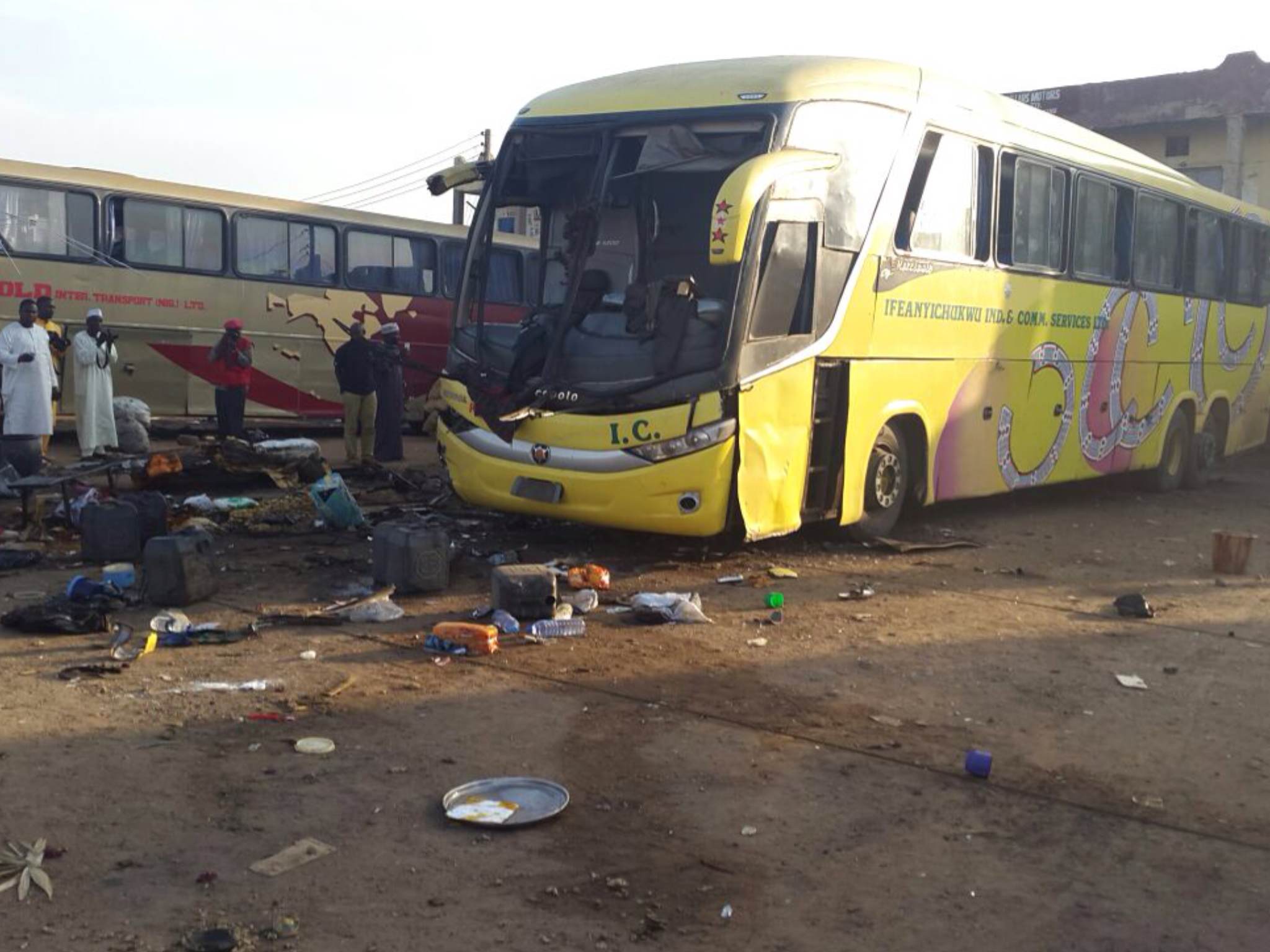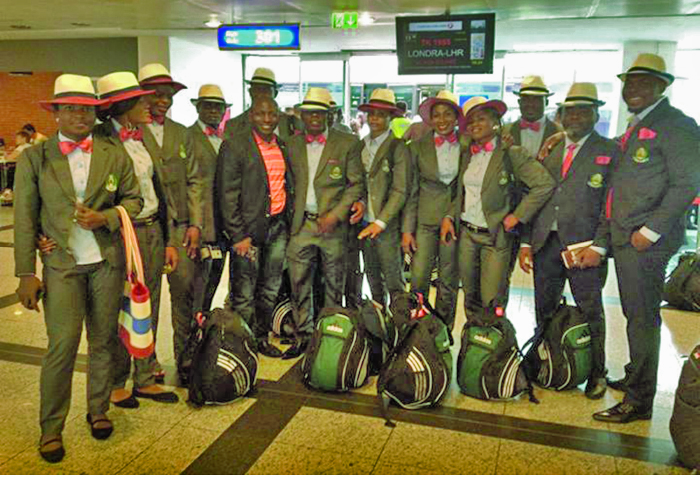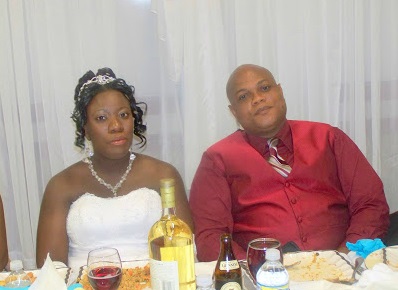A blast has been reported in the Sabon-Gari area of Kano city, with a woman reported dead and eight persons injured.
A witness who escaped the blast by the skin of his teeth told TheCable that the explosion went off at the motor park in Sabon-Gari that was attacked last year.
“This particular one happened around 3pm,” he said.
“I cannot say the actual number of those who died, but I’m sure that the casualty is not as high as that of last year because there was no conflagration.
Advertisement
“People are apprehensive and have stayed indoors. Sabon-Gari is a very busy place but now deserted because of fear. This is a very terrible situation in this country.”
The Kano state police command confirmed the tragedy, saying it occurred at “New Road motor park, Sabon-Gari, Kano at 3pm” from explosives that were “hidden in table-top fridge disguised as luggage”.
Thursday’s attack occurred a year after four bombs were detonated in the same Sabon-Gari, killing 20 people on first count, in an attack believed to have been targeted at drinking joints in the area.
Advertisement
The July 30, 2013 attack was itself the second time in that year that Sabo-Gari would be bombed.
Earlier in March, a bomb attack at a motor park in the area killed at least 22 people.
Meanwhile, hell was let loose in Gamboru Ngala (a community near Nigeria’s border with Cameroon) and Garubula village in Biu local government area of Borno State on Wednesday, as suspected members of the Boko Haram sect killed Alhaji Ibrahim Dawi, village head of Garubula, and two members of the vigilante group popularly known as civilian JTF.
While Dawi was killed in his house, the members of civilian JTF were captured and led to a river where they were killed.
Advertisement
In an interview with BBC, Senator Ahmed Zanna, a representative of Borno Central constituency at the Senate, confirmed the gruesome manner in which men of the civilian JTF were killed.
The sect had earlier inflicted hardship on residents of Gamboru Ngala by blowing up the bridge linking the community to Maiduguri, the state capital.
Until the bridge was destroyed, it served as a boost to economic activities, as farmers and traders in the area conveyed their products to Maiduguri and Cameroon through it.
According to a BBC report, hundreds of vehicles loaded with foodstuff were unable to cross to either Cameroon or Nigeria on Wednesday.
Advertisement
Advertisement
Add a comment






